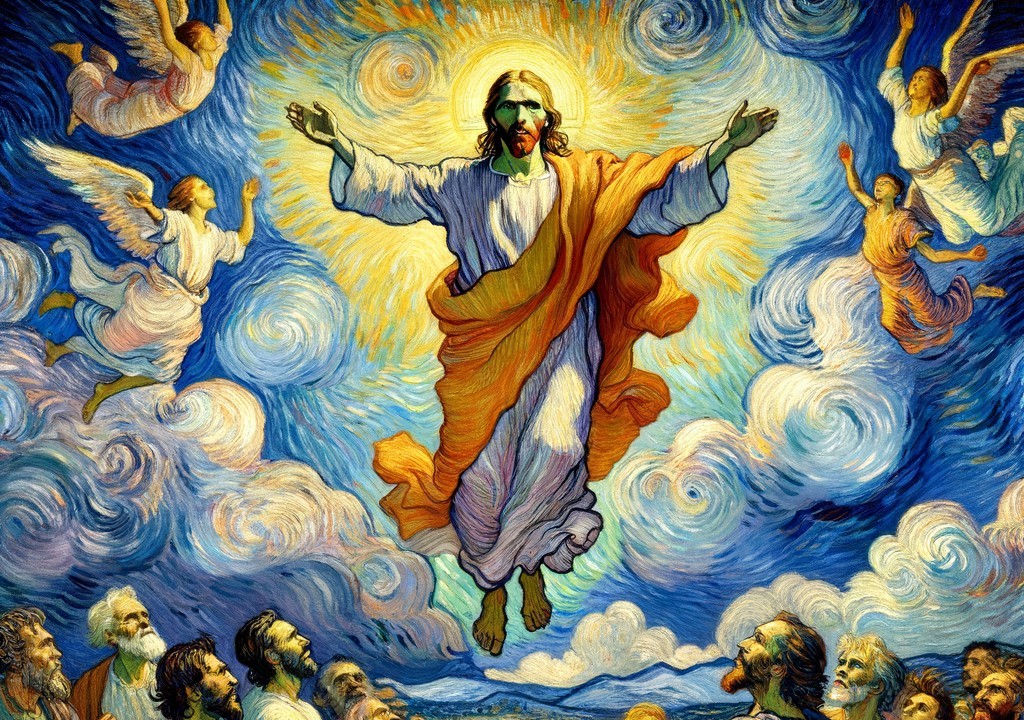A shared responsibility for God’s mission
1 June, 2025 The Ascension, Year C
Luke 24:46-53

The Italian composer Giacomo Puccini wrote famous operas such as La Boheme, Madama Butterfly and Tosca. It was during his battle with terminal cancer in 1922 that he began to write Turandot, which many consider his best work.
He worked on the score day and night, despite his friends’ advice to rest, and to save his energy. When his sickness worsened, Puccini said to his disciples, “If I don’t finish Turandot, I want you to finish it.” He died of a heart attack in 1924, leaving the work unfinished.
His disciples gathered all that was written for Turandot, studied it in detail, and then proceeded to write the remainder of the opera. The world premier was in La Scala Opera House in Milan in 1926, and Maestro Arturo Toscanini, Puccini’s favourite student, conducted it. The opera went beautifully, until Toscanini came to the end of the part written by Puccini.
He stopped the music, put down the baton, turned to the audience, and announced, “Thus far the master wrote, but he died.” There was a long pause; no one moved. Toscanini then picked up the baton, turned to the audience and, with tears in his eyes, announced, “But his disciples finished his work.” The opera closed to thunderous applause and has found a permanent place in the annals of great operas.
The Easter season concludes the public life of Jesus, but before he returns to the Father, he gathers his disciples. He asks them to be his witnesses to the world and continue his ministry by proclaiming the good news and under the influence of the Holy Spirit calling people to newness of life.
The feast of the ascension reminds us of our collective responsibility for mission. We are baptised into the community of believers and share an identity, but life as Catholic Christians is a call to share the mission of Jesus.
We may think that mission and evangelisation are the responsibility of clergy and religious, but they are the responsibility of all the baptised. Pope Francis consistently emphasises that the Church does not engage in proselytising but grows through “attraction” and the witness of lived faith, is how we best share the gospel message and invite others to follow Christ.
Jesus is no longer physically among us, but he reminds us that he journeys with us and that the Holy Spirit accompanies us in our journey through life.
Bearing witness does not necessarily mean speaking about our beliefs, although this is what happened with the first disciples. It means integrity of life where our actions match our words. It may also mean on occasion being willing to engage in dialogue with others who do not share our belief, but who have questions. Dialogue is an essential part of witness to our belief. Like the first disciples of Jesus and Puccini’s disciples, it is our task to bring their work to completion.
Michael A Kelly CSsR
© Majellan Media 2025
We encourage you to share and use this material on your own website. However, when using materials from Majellan Media, please include the following in your citation: Sourced from www.majellan.media
